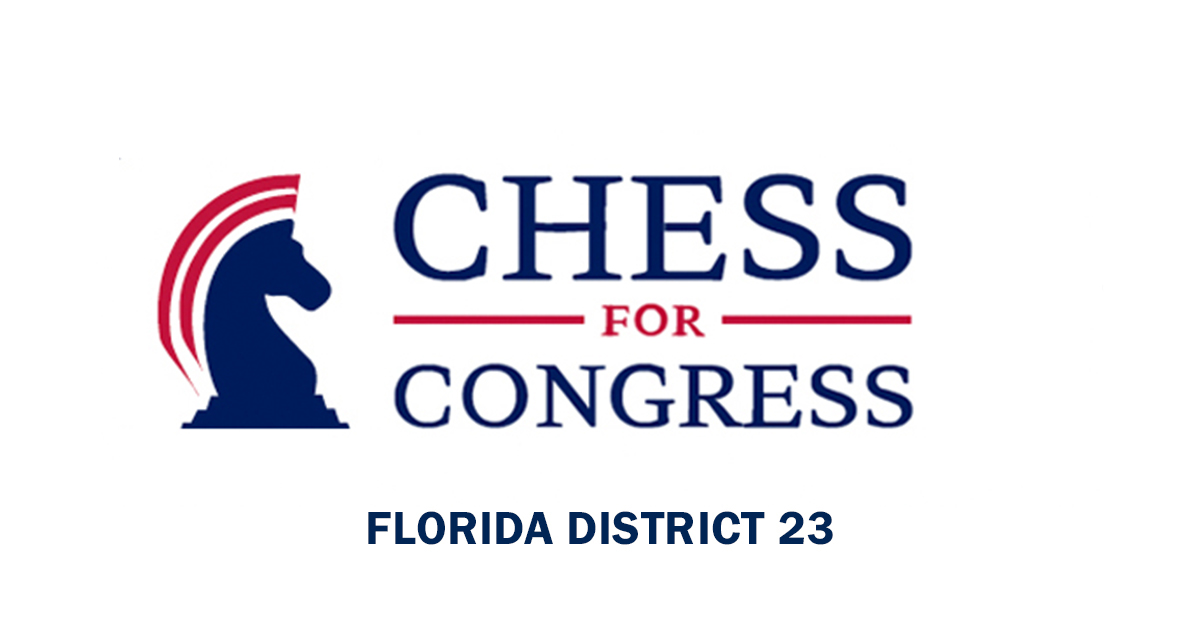
In the ongoing debate about the future of American education, one proposal stands out not just for its audacity but for the fundamental shift it represents in how education is administered in the United States: the elimination of the Department of Education. This suggestion is not merely a fiscal or administrative measure; it is a call to return to a system where educational autonomy resides more fully with local communities and states, away from the centralized oversight that, some argue, has shifted public schooling from its core mission.
The Role of the Department of Education
Established in 1980, the Department of Education was tasked with administering federal assistance to schools, enforcing federal educational laws regarding privacy and civil rights, and gathering data to inform national policy. While these roles are crucial, there has been increasing concern that the Department’s expansive reach into local school affairs has not been without significant drawbacks.
Federal Overreach and Its Consequences
Critics argue that the federal government’s role in education has expanded far beyond what is beneficial or necessary, morphing into a system that stifles educational innovation and local control. Instead of acting merely as a regulatory body, the Department of Education has been accused of turning into a “globalist recruitment tool,” prioritizing international competitiveness over genuine educational quality or the values and needs of American students.
This centralization has led to several issues:
- One-Size-Fits-All Education: Federal standards and testing requirements often force schools into a narrow understanding of success, emphasizing standardized testing over critical thinking and creativity.
- Bureaucratic Overload: Schools spend considerable time and resources complying with federal mandates that may not align with local educational needs or priorities.
- Political Agendas: Education policy at the federal level can be swayed by national politics, leading to shifts in priorities that may not reflect the educational needs of all communities.
The Case for Elimination
Eliminating the Department of Education would ostensibly strip away these layers of federal oversight, returning authority to local and state entities. Advocates of this move suggest that such a change would lead to several positive outcomes:
- Increased Local Control: Local districts could tailor educational programs to better suit the needs of their communities without federal constraints.
- Reduction in Administrative Costs: Funds currently directed toward maintaining a federal bureaucracy could be redirected into classrooms and teacher salaries.
- Enhanced Innovation: With greater autonomy, schools and districts could innovate more freely, experimenting with curricula, teaching methods, and technology without awaiting federal approval.
Financial Implications: Redirecting Funds and Ending Exemptions
The proposal to eliminate the Department of Education is often coupled with calls to change how educational institutions, particularly universities, are funded. Eliminating tax exemptions for universities and ending their endowments’ preferential treatment could level the playing field. Many argue that prestigious universities have accumulated vast resources that could be taxed, with the proceeds used to bolster public K-12 education. This shift would not only address the funding disparities among educational institutions but also signal a move towards a more equitable educational landscape.
Potential Challenges and Criticisms
This approach, however, is not without its critics. Opponents argue that without federal oversight, disparities in school funding and educational quality could widen, especially in underprivileged areas. Furthermore, they contend that federal standards are necessary to ensure a baseline of equality and rigor in education across the nation.
A Call for Dialogue and Action
As this debate unfolds, it is crucial for stakeholders at all levels—parents, educators, policymakers, and community leaders—to engage in open and informed dialogue about the best path forward for American education. The question at hand is profound: How do we balance local control with the need to maintain national educational standards that ensure no student, regardless of geographic or socio-economic status, is left behind?
In proposing the elimination of the Department of Education and significant funding reforms, we are not merely advocating for a bureaucratic reduction. We are calling for a reevaluation of the very principles that underpin our educational system. This reevaluation will determine whether we can truly create a more flexible, responsive, and equitable system that serves all American students well. As we consider these changes, let us remain committed to an educational framework that cherishes local input while striving for national excellence.




